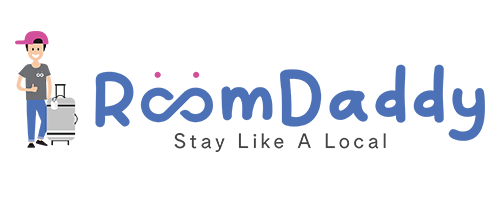How to Choose the Best Real Estate CRM Software for Your Agency
Selecting the right real estate CRM software is crucial for any agency looking to streamline operations and enhance client relationships. With numerous options, making an informed decision can significantly impact your business’s efficiency and success. This article guides you through the essential aspects to consider when choosing the best real estate CRM for your needs.
In today’s competitive real estate market, having the right tools can make all the difference. A well-chosen real estate CRM can help you manage leads, automate processes, and improve customer service. As you navigate various options, it is important to focus on features that align with your agency’s specific requirements and long-term objectives.
Understanding your agency’s needs
When selecting a real estate CRM, assess your agency’s unique needs and challenges. Consider factors such as the size of your team, the volume of transactions you handle, and the specific features that would benefit your operations. Identifying these elements will help you narrow down your choices and find the best real estate CRM that suits your workflow.
It is also essential to think about scalability. As your agency grows, so will your needs. Choosing a real estate CRM software that can adapt to your expanding requirements ensures you won’t have to switch systems later. Furthermore, look for CRMs that offer robust customer support and regular updates to stay current with industry advancements.
Consider conducting a thorough analysis of your current workflow and pain points. Involve your team in this process to gain insights from those who will be using the CRM daily. Identify areas where automation could save time, such as lead nurturing or transaction management. Also, think about the types of reports and analytics that would be most beneficial for decision-making. By clearly defining these needs, you’ll be better equipped to evaluate different CRM options and choose one that aligns perfectly with your agency’s operations and goals.
Key features to look for
A comprehensive real estate CRM should offer features that streamline both administrative and client-facing tasks. Look for functionalities such as lead management, automated follow-ups, and customizable reporting. These tools can save you time and help maintain consistency in your interactions with clients.
Another crucial feature is integration capabilities. Your CRM should seamlessly integrate with other tools you use daily, such as email platforms, social media, and property listing websites. This connectivity enhances efficiency by centralizing all your operations in one place.
Mobile accessibility is another critical feature to consider in today’s fast-paced real estate market. Agents often work on-the-go, so a CRM with a robust mobile app or responsive design can significantly boost productivity.
Look for features like mobile lead capture, the ability to update property information from the field and access to client data while out of the office. The leading real estate CRM solutions offer seamless synchronization between desktop and mobile platforms, ensuring that your team has access to up-to-date information regardless of their location.
Evaluating ease of use
The usability of real estate CRM software is a significant factor in its effectiveness. No matter how feature-rich a platform is, it will not benefit your agency if it is too complex for your team to use efficiently. Prioritize intuitive interfaces that require minimal training so that everyone can get on board quickly.
User feedback can provide valuable insights into a CRM’s ease of use. Look for reviews from other real estate professionals who have similar needs to yours. Platforms like Property Raptor real estate CRM often receive positive feedback for their user-friendly design, making them a popular choice among agencies.
Cost considerations
The cost of real estate CRM software varies widely depending on its features and capabilities. When evaluating options, consider both initial setup costs and ongoing subscription fees. It is important to weigh these expenses against the potential benefits and efficiencies gained from using the software.
Some CRMs offer tiered pricing based on the number of users or additional features. This flexibility allows you to start with a basic plan and upgrade as needed, making it more affordable for smaller agencies initially while still providing room for growth.
Choosing the right real estate CRM software involves careful consideration of your agency’s specific needs and key features that enhance productivity, ease of use, and cost-effectiveness. By focusing on these aspects, you can find a property management technology solution that will support your business goals and help you stay competitive in the market.



